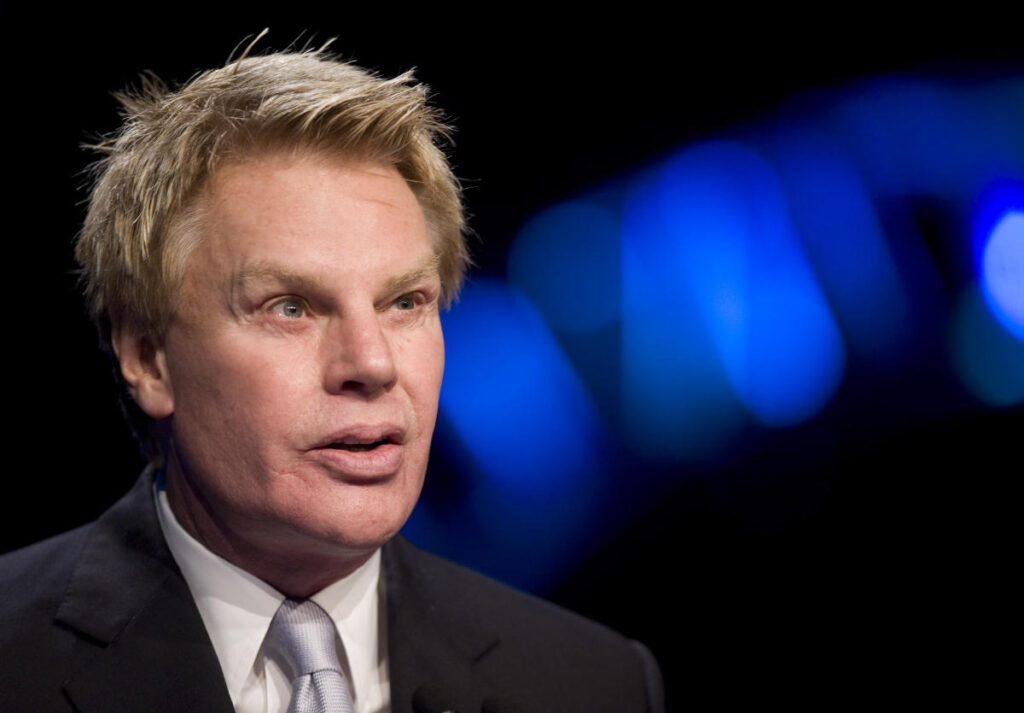Former Abercrombie & Fitch CEO Michael Jeffries, alongside two other men, has been arrested on charges related to sex trafficking and interstate prostitution. Details surrounding these charges remain scarce, but they follow a history of sexual misconduct allegations against Jeffries, which have been spotlighted in both civil lawsuits and media reports. Young victims have claimed that Jeffries enticed them with promises of modeling opportunities, only to coerce them into sexual acts. Jeffries’s attorney, Brian Bieber, indicated that a detailed response to the charges would be forthcoming, albeit in court rather than through the media. The indictment is expected to provide further clarification on the allegations.
Jeffries served as the CEO of Abercrombie & Fitch from 1992 until 2014, transforming the brand into a retail powerhouse during the late 1990s and early 2000s. His tenure wasn’t without controversy; he drew criticism for comments about targeting attractive youth to represent the brand. Following his departure, the company experienced a dip in popularity, exacerbated by the 2008 financial crisis and changing consumer preferences, which ultimately led to a hedge fund advocating for his removal. Despite these challenges, Abercrombie & Fitch has seen a resurgence in recent years, though Jeffries’s legacy is now overshadowed by the serious allegations against him.
Last year, a lawsuit filed in New York accused Abercrombie of facilitating Jeffries’s alleged sex trafficking operation during his lengthy leadership at the company. The lawsuit claimed that Jeffries employed modeling scouts to search for potential victims online, suggesting a structured approach to exploitation. Concurrently, Abercrombie acknowledged the seriousness of the allegations and initiated an independent investigation through an external law firm, following a troubling report by the BBC. This report featured testimonies from men who described attending events organized by Jeffries and Matthew Smith, where sexual activities were reportedly orchestrated.
The nature of the accusations against Jeffries indicates a deeply troubling pattern of behavior that could indicate a level of exploitation not previously addressed publicly. The combination of the lawsuits and allegations presents a narrative where innocent aspirations of young individuals seeking modeling careers could have been twisted into coercive situations. The investigations into Jeffries’s actions raise critical questions about corporate responsibility and the mechanisms in place to protect vulnerable individuals in potentially predatory environments.
Abercrombie & Fitch’s journey began in 1892 as a store focused on hunting and outdoor goods. Jeffries’s arrival at the company in the early 1990s saw significant changes that reimagined its brand identity. His strategy transformed Abercrombie & Fitch into a symbol of youth culture, particularly for affluent teens, utilizing a provocative marketing strategy that often focused on exclusivity and attractiveness. However, this branding strategy evolved into a double-edged sword, leading to both high sales and substantial backlash due to the company’s elitist practices and the problematic nature of its advertising.
In conclusion, the recent arrests and charges against Michael Jeffries mark a stark moment in the narrative of Abercrombie & Fitch, emphasizing the contrasting phases of its corporate legacy. While Jeffries is remembered for his significant role in elevating the brand’s popularity, the serious allegations of sexual misconduct cast a long shadow over his contributions. The unfolding legal proceedings will likely prompt further examination of the brand’s practices and policies, as society increasingly demands accountability from both individuals and corporations in issues surrounding exploitation and abuse. As the case progresses, it serves as a reminder of the importance of safeguarding youth and ensuring that aspirations for success do not lead to harmful situations.

